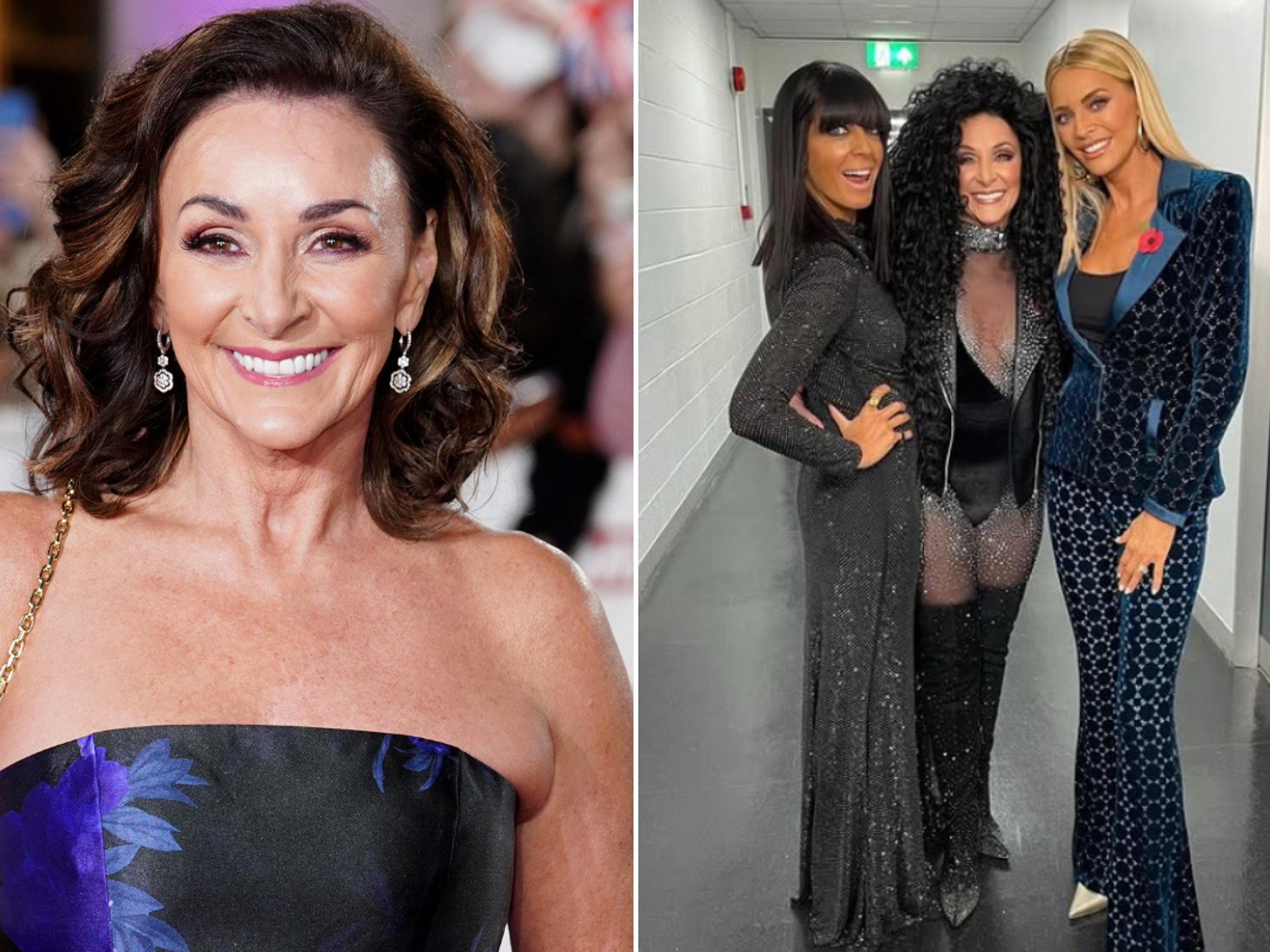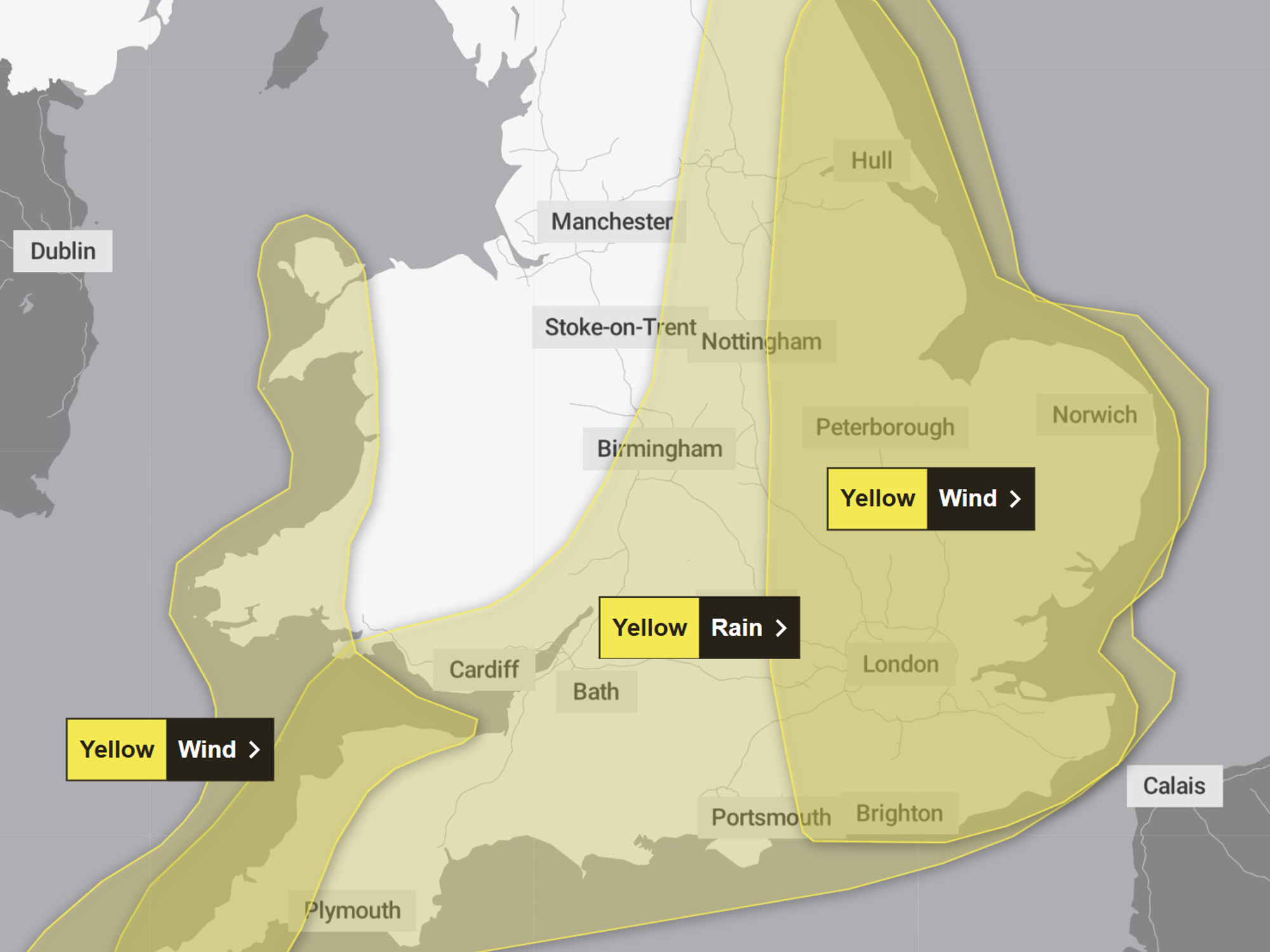Claire Foy: The law doesn’t treat women very well at all

Cast member Claire Foy at a screening of The Electrical Life of Louis Wain at the Regent Street Cinema in London. Picture date: Sunday October 10, 2021. | Yui Mok

The actress says the lack of changes is 'depressing'
Don't Miss
Most Read
Claire Foy has said she does not think the law treats women “very well at all” and feels not a lot has changed over the years, which she finds “depressing”.
The award-winning actress stars in A Very British Scandal, about the Duchess of Argyll’s high-profile divorce in the 1960s, which utilised an explicit photograph of her in court and regularly made the front pages of newspapers.
Foy plays Margaret Campbell, the duchess, who was famed for her charisma, beauty and style.
She said: “It’s depressing as I don’t think a lot has changed.
“I hope that it allows a woman who was judged, ridiculed, belittled, manipulated and taken advantage of by the legal system, to at least have that shown.
“I think that the law doesn’t particularly treat women very well at all and this is just one example of how the odds were not stacked in her favour.
“She was an interesting woman and the more stories about interesting women, the better.”
The forthcoming three-part BBC One drama will explore Campbell’s split from her husband Ian Campbell, the 11th Duke of Argyll, which brought to light accusations of forgery, theft, violence, drug-taking, secret recording, bribery and an explicit Polaroid picture.
The show will also highlight the social and political climate of post-war Britain and look at attitudes towards women to ask whether institutional misogyny was widespread at the time.
Reflecting on the intense focus on Campbell’s sexuality at the time, Foy added: “Most people have a sex life but they don’t go on about it all the time, nor should they have to.
“Margaret’s sexuality seems to have become another personality or something outside of herself, which I find that really bizarre and strange.
“Calling her the ‘Dirty Duchess’ is so misogynistic and I would like to think things have changed but I don’t think they have.
“Factually, there’s no way of knowing what she felt about who she was in that way. In this story, what I’m keen on is how easily she fell in love and how she kept letters and mementos of her lovers.
“In a way, I think that was the romantic side of her and her sexuality was linked to that. But also in this story, no one should have the right to know that side of her. It’s no one’s business and it never was. It’s straight misogyny.
“It’s like Anne Boleyn; she had six fingers, she couldn’t have been clever and intelligent – she had to have been a witch.”
The drama series was made by Sarah Phelps, who previously wrote The Pale Horse, And Then There Were None and Dublin Murders, and directed by Norwegian film-maker Anne Sewitsky.
Describing the story, Phelps said: “It’s a story about a woman who refused to be slut shamed, who refused to go quietly and refused to do as she was told. She set fire to the expectation of her class, gender and her sex rather than go quietly.
“She put the private lives of the wealthy, the landed and the titled all over the front pages, not the untouchable great and good but bare forked animals.”










